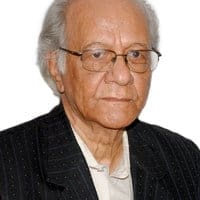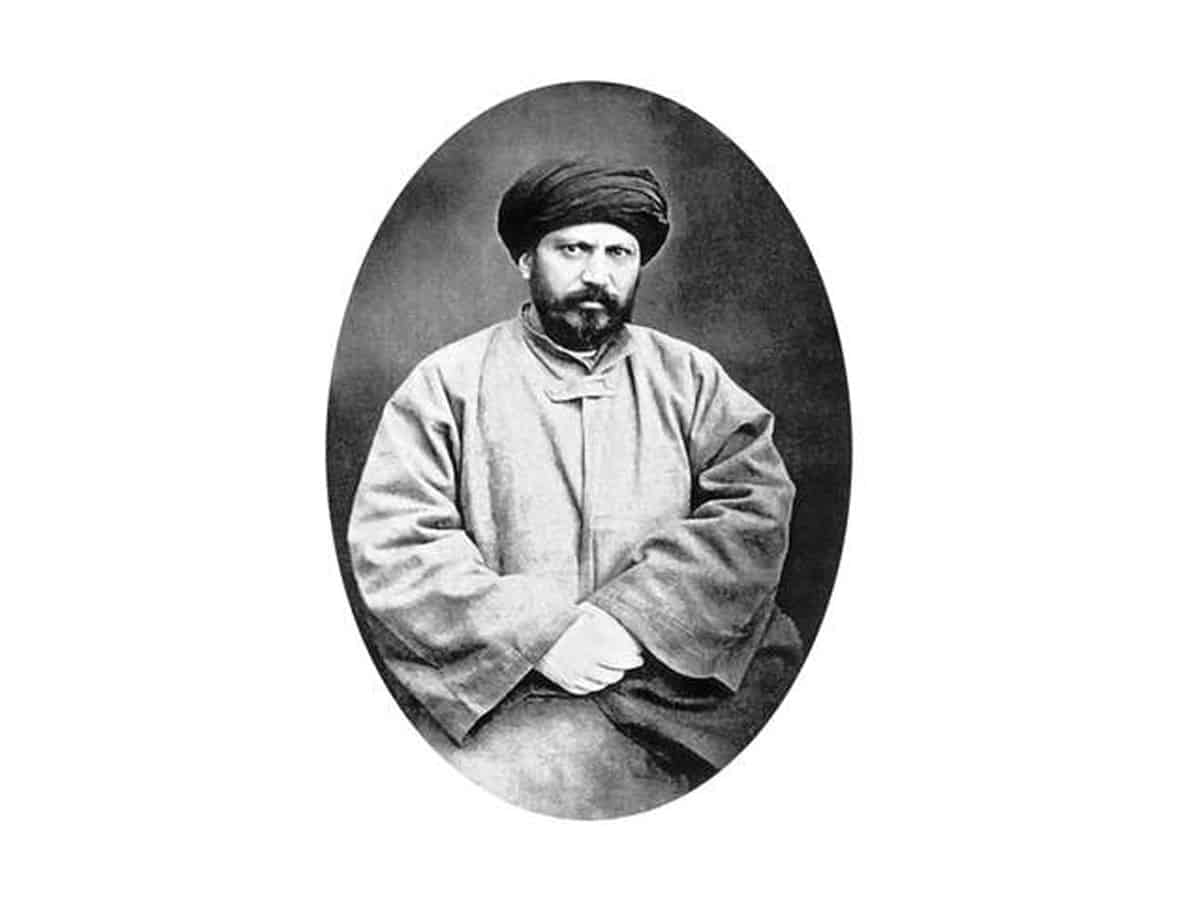
Anwar Moazzam
Do any of the stalwarts of “Hindutva” have any idea of the great rich heritage of ancient Indian “Hindu” intellectual, philosophical and scientific heritage?
I do not think they have any interest in pre-Hindutva India. This is not good.
However, if any of their ‘leaders’ feel that they should get an idea of the Indian Hindu cultural heritage, I would refer them to one whom they hate most— a Muslim who was an advocate of Vahdat al-Islamia (Islamic Unity).
Syed Jamaluddin Afghani (1838-1897) was visiting several Muslim countries like Iran, Egypt Russia, France, England, Afghanistan and India to explore possibilities of building up a federation of Muslim countries (Al-Vahdat al-Islamia) based on modern knowledge and united is resisting European, particularly British colonial interventions in Muslim Countries and in the east, as a whole. Afghani appears more as a spokesman of the East rather than a Muslim political figure leading a movement against the Western interventions in the Muslim countries. He had, later, in his weekly Al-‘Urwah al-Vusqa, (published in Paris in Arabic and French for a brief period in 1885-86, made it clear that his chief aim was the liberation of the East from the domination of the West and his taking up the cause of the Muslim countries was because the Muslim areas constitute a major part of the East. He was condemned by the Western powers especially Britain as the author of anti-West pan-Islamism.
Afghani was a contemporary of Syed Ahmad Khan and one of the strongest critics of his policy of total loyalty of Indian Muslims to the Indian British government. During his visit to India (1879-1882), first he stayed for about a year in Hyderabad. Here he wrote several articles in a local magazine on certain political, social, educational and religious issues related to Indian Muslims. Most significant is his homage and rich tribute to the cultural, philosophical and other sciences of India. They are reflected in a lecture he delivered at Madrasah-yi ‘Aliya, Albert Hall, Calcutta, on November 8, 1882, on the invitation of the Principal although the latter, for unknown reasons, did not attend the lecture. (Probably, he had changed his mind and decided not to appear hosting the anti-British Afghani.)

Afghani expressed his displeasure on the Principal breaking his promise of being present. However, he was keen to address the large number of young Indians who had come to listen to him. His lecture is as follows.
“I am happy to see them who are the product of the land that was the birth place of humanism and from where it spread throughout the world. They belong to the land where, for the first time, the da’irah-yi mu‘addal al-nahar and, min`taqat al-bruj (the Zodiac) were determined. Everyone knows that achieving this was not possible without mastering geometry. Therefore, we can say, that mathematics and geometry have been invented in India. This same science of geometry reached the Arab lands and from there arrived in Europe.” He pointed out, “The youth of this same land have now to learn all laws and the culture of knowledge from Europe. If you deliberate you would find that the Code Roma, the source of all laws in Europe, had been drawn from the four Vedas and the Shastras. The Greeks were their disciples in poetry, literature and thought. Pythagoras, who spread arts and sciences and whose opinions were accepted as revealed truth needing no proofs, was also their disciple.
Now, the land of Hindustan is the same land and the air is the same and the youth who are present, now, the product of this same motherland.”
Afghani said, “I am happy that the Indian youth have come out of their long slumber and taking their own hereditary wealth back and receiving the fruits of the trees planted by them.”
It is to be noted that he was addressing an audience that was, mainly, ‘Indian’ and not ‘Muslim’. He invoked the pre-Islamic Indian philosophical and scientific heritage avoiding any reference to the Sultanate and the Mughal periods of Indian history. He was reminding the Indian youth that they should not be discouraged because of their being subjects of the Western rulers; the West’s superiority in knowledge was, in fact, built on their own, Indian, rich scientific heritage–and, so, what they were getting from the West was their own heritage.
Here, we see the ‘Eastern Afghani’ questioning the Western superiority in knowledge.
In Egypt he had invoked the pre-Islamic, Pharaohs’ age of magnificent cultural heritage in comparison with the dominating West. What he did not say was that the Indian youth should not forget to take upon the foreign rulers with full confidence and conviction.
Prof Anwar Moazzam is a leading Islamic and Political thinker, who lives in Hyderabad

